[ad_1]
(CNN) — This week in travel, we look at innovative new transport concepts, the reopening of Thailand’s most famous beach, and flight attendants speak out about the airport chaos gripping Europe and America.
Blue sky thinking
Someone warn the Fresh Prince and DJ Jazzy Jeff: If NASA has its way, booms might soon no longer shake the room.
The agency is working on Quiet SuperSonic Technology to reduce the explosion-like bang traditionally produced when planes break the sound barrier, meaning that crafts like its X-59 supersonic jet will be able to fly over land — something that’s prohibited by regulations because of the noise nuisance.
Other ambitious projects in the works include Spaceship Neptune, the “world’s first carbon-neutral spaceship,” according to its makers Space Perspective. They plan to start taking passengers on flights to the edge of space by 2024, floating aloft in a pressurized ball dangling from a giant, high-tech helium balloon. Take a look here.
This crazy travel summer
So first, the good news. New Zealand, Samoa and Brunei have all reopened their borders, and the Chinese gambling hub of Macao has eased its Covid restrictions. Malaysia and the Caribbean island of Martinique have also lifted all their Covid-related travel restrictions.
However, as the summer of travel chaos continues in Europe and the States, London Heathrow and Amsterdam Schiphol have announced more curbs to air traffic and the Covid risk level is up in a number of destinations, including Romania and Moldova.
Spotlight on Asia
Cannabis cafes are popping up across Bangkok after the plant was decriminalized in Thailand in June. The crowds are flooding in, but not everybody’s happy with the new outlets.
Also a popular spot with backpackers, Thailand’s Maya Bay was made famous by Leonardo DiCaprio’s 2000 movie “The Beach.” Visitors were unwittingly doing huge damage to the bay’s coral reef, and it was closed for four years for a massive rehabilitation project. Now it’s open to beach-lovers once again.
Keeping cool in Abu Dhabi
Countries around the world have been baking in extreme summer temperatures, but some cities are more successful at handling heat than others. Temperatures in Abu Dhabi can climb to more than 120 F (over 50 C), and the city is still making use of an ancient Arabic architectural cooling technique — with a modern twist.
And in the emirate’s Jubail Mangrove Park, a forest of the resilient plants is thriving in the intensely salty waters of the world’s hottest sea. It’s both a serene wildlife habitat and an offer of hope in an era of climate crisis.
And while Abu Dhabi might be known for its scorching temperatures, last year it was the first destination in the Middle East and Asia to be declared an official “Bike City” by Union Cycliste Internationale, sport cycling’s governing body. There’s been huge investment in an exhilarating network of cycling circuits — although the best time for riding is before sunrise or after sundown.
Italian dream home
A Maryland couple bought an abandoned Italian house for one euro and transformed it into their European dream home — complete with an elevator. Here’s how they did it.
In case you missed it
A passenger was fined $1,874 for two undeclared McMuffins and a ham croissant.
Imagine, as a 1980s teen on vacation in London, having an outfit so fly you’re asked to be an extra in your favorite pop star’s music video.
Fake it till you make it
If you want a sun-kissed glow all year round (and without the skin damage that comes with sunbathing), then you need a good self-tanner. Our partners at CNN Underscored, a product reviews and recommendations guide owned by CNN, have rounded up 15 of the best self-tanning products on the market, according to experts.
[ad_2]
Read Nore:Travel news: Space balloons, floating hotels and supersonic jets

 Canada
Canada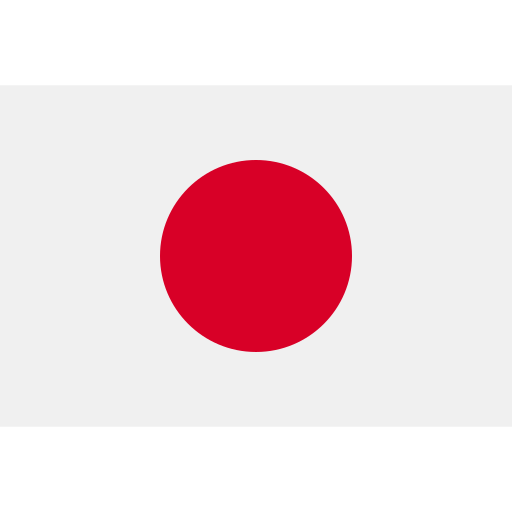 Japan
Japan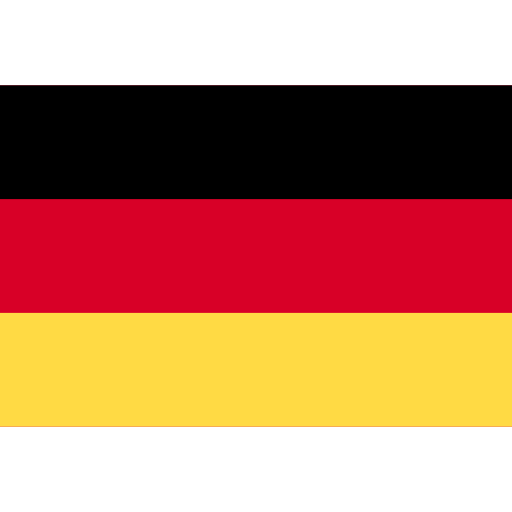 Germany
Germany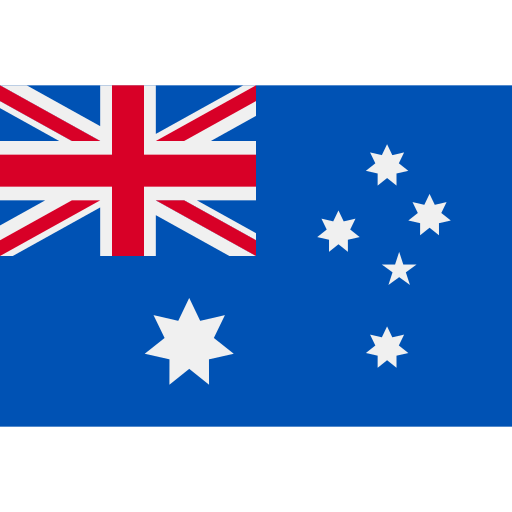 Australia
Australia United States
United States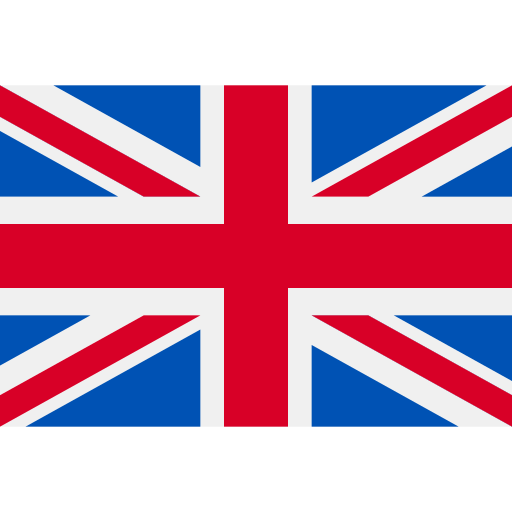 United Kingdom
United Kingdom China
China France
France Ukraine
Ukraine Russia
Russia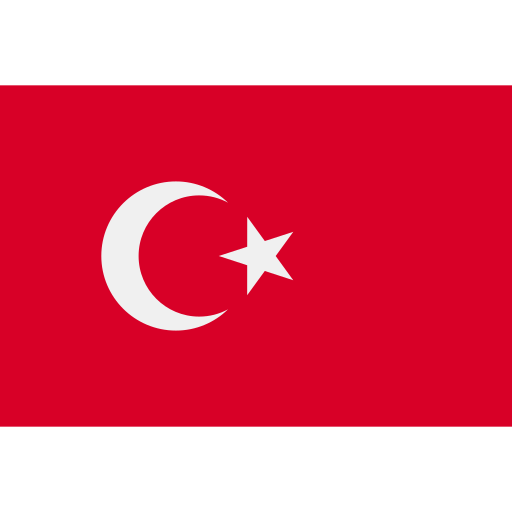 Turkey
Turkey